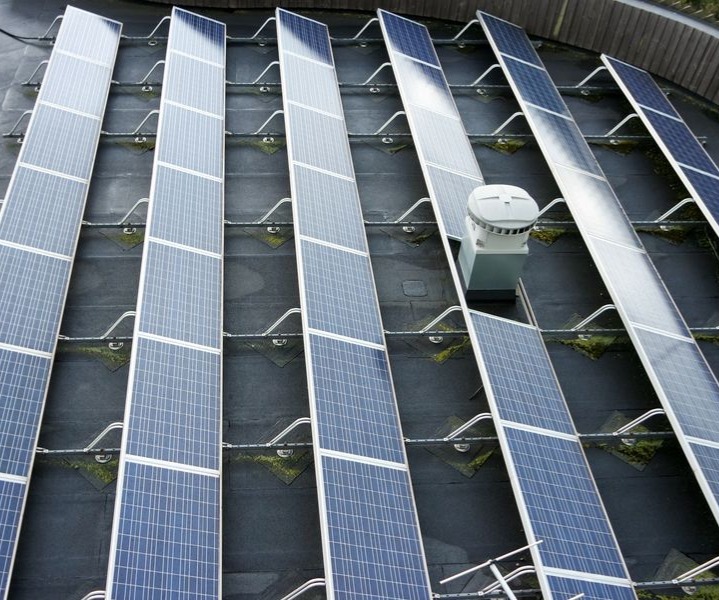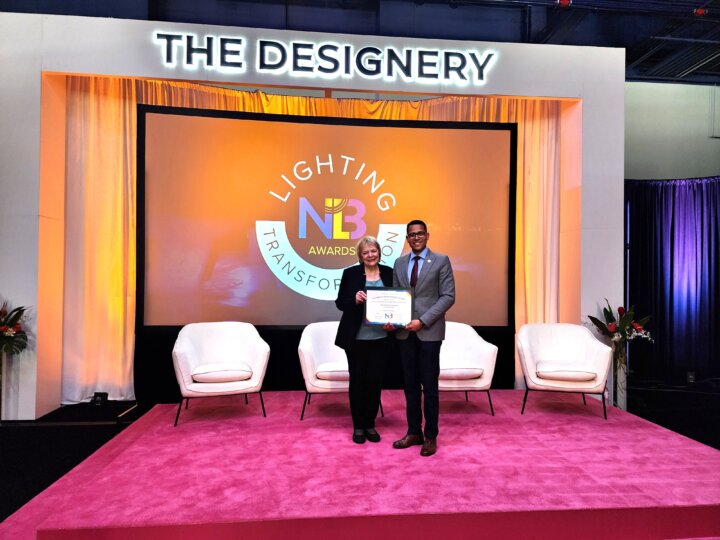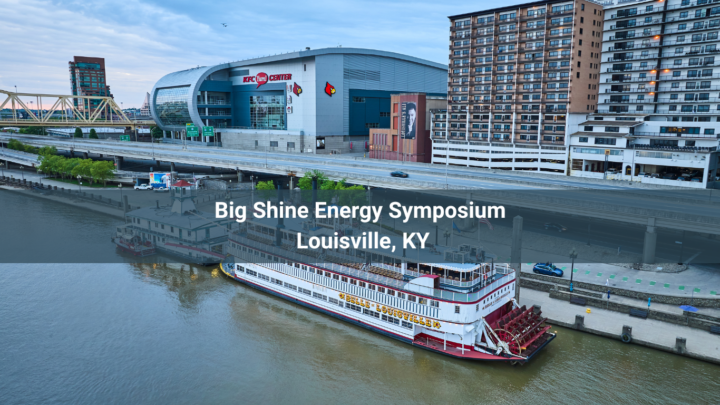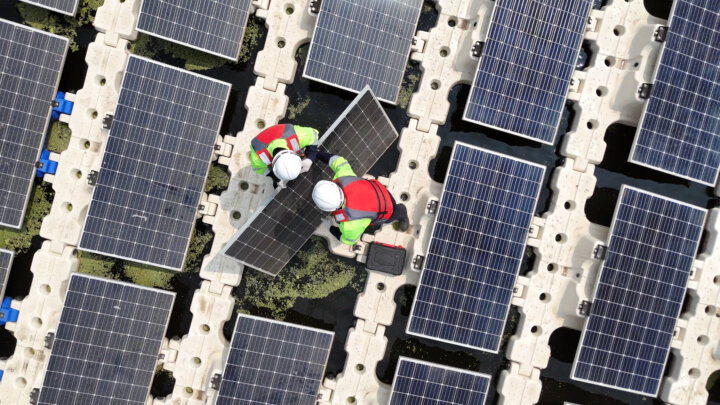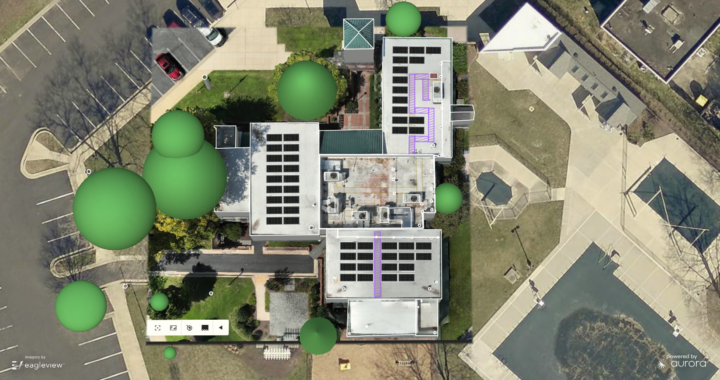What you should know before installing a solar system?
Big Shine Energy works with a variety of customers ranging from homeowners to large scale commercial businesses upgrading to solar energy. We understand that making an upgrade to a building or home can be intimidating for customers, so we decided to outline a few important things to consider before your upgrade. Here’s what you should know before installing a solar system.
- Mounting Options
- Roof Conditions
- Connecting to the grid
- Battery storage
- Rebates & Incentives
- Warranty
Before you become overwhelmed by the multiple-step process it takes to choose and install the best solar array for your site, please note that you do not need to become a solar expert to do so. Our solar consultants have the experience and resources to help guide you through each of the following steps.
Mounting Options:
Selecting an appropriate solar mounting structure is crucial for the function of a solar photovoltaic system. A racking system installed on a roof is the most common method of solar panel mounting for residential and commercial projects and are available for slanted or flat roofs.
Large scale solar installation may choose ground mounting over roof mounting. Foundational mounts, pole mounts, and multi-pole mounts are some of the types of ground mounting available. The ground mounting types may require excavation and analysis of the soil to determine the best-supporting structure to anchor the solar system.
Roof Conditions:
If you are planning to install solar panels on your roof, you must assess the roof’s condition before installation. If you have an older roof that is damaged or leaking, it is best to take care of these repairs before adding solar panels. An experienced solar installer will do an onsite survey of the roof to determine the best layout and if your roof has adequate space and sun exposure, so you receive a good return on investment.
Another important question is how much weight can your roof handle? This question should be answered by a professional who will determine if there needs to be additional infrastructure to support the solar system. If you are unsure who to contact regarding this assessment, check with your solar installer. At big Shine Energy, we work with engineers that will perform the proper assessments to verify the structural integrity of our customer’s roofs.
Connecting to the Grid:
The energy that your solar panel generates from the sun comes in the form of direct current (DC) electricity. DC electricity is then fed to the solar inverter that converts it to alternating current (AC) electricity. AC electricity is what is used to power appliances in a home or business. Surplus electricity is then fed back into the main electrical grid. According to NREL, Solar systems sometimes produce more electricity than your building needs. This extra electricity is either stored in batteries or fed into the utility grid. Owners can be given credit by their local utility companies for the electricity produced at their homes through “net metering programs”. As part of the installation of your solar electric system, you will need to sign an interconnection agreement with the utility company. Your solar electric provider may be able to handle the negotiations and paperwork with the utility, but this contractual agreement is between you and your local utility.
Battery Storage:
Battery storage is another option for solar systems to store excess energy. The stored energy can then be used during power outages, or to compensate for cloudy days. Lithium-ion battery systems are one of the most popular types of battery storage because they are small, very affordable, and rechargeable which allows them to absorb power and discharge it later. The Office of Energy Efficiency & Renewable Energy explains in their article Solar-Plus-Storage 101 from 2008 to 2017, the United States was the world leader in lithium-ion storage use, with about 1,000 MWh of storage, and 92% of it, or about 844 MWh, is deployed by utilities, according to the benchmark report. The average duration of utility-scale lithium-ion battery storage systems is 1.7 hours, but it can reach 4 hours.
Rebates and Incentives:
There are many states, municipalities, utility companies, and federal programs that give incentives, rebates, and tax credits for installing solar. Big Shine Energy partners with many utility companies across North America and have an internal incentives department that can advise customers on the latest incentive offerings for their areas.
Financial incentives are constantly changing. To make sure that you receive the maximum benefit for your project, check out 5 Reasons You Should Adopt Solar.
Warranty:
With all major investments, warranties are important for protecting solar panels and equipment. Make sure that as the future system owner, you receive a warranty that meets the industry standards. Big Shine Energy works with supplier Big Shine Worldwide to provide top quality solar panels with a warranty of up to 25 years.
The last and most point to consider when installing solar is choosing a contractor that you can trust. Big Shine Energy works hard to make sure we exceed customer expectations. Our turnkey process for energy-efficient projects was created so our customers are taken care of through every step of the project with a dedicated solar consultant and project manager assigned to help them through every step.
Set up your consultation today!
